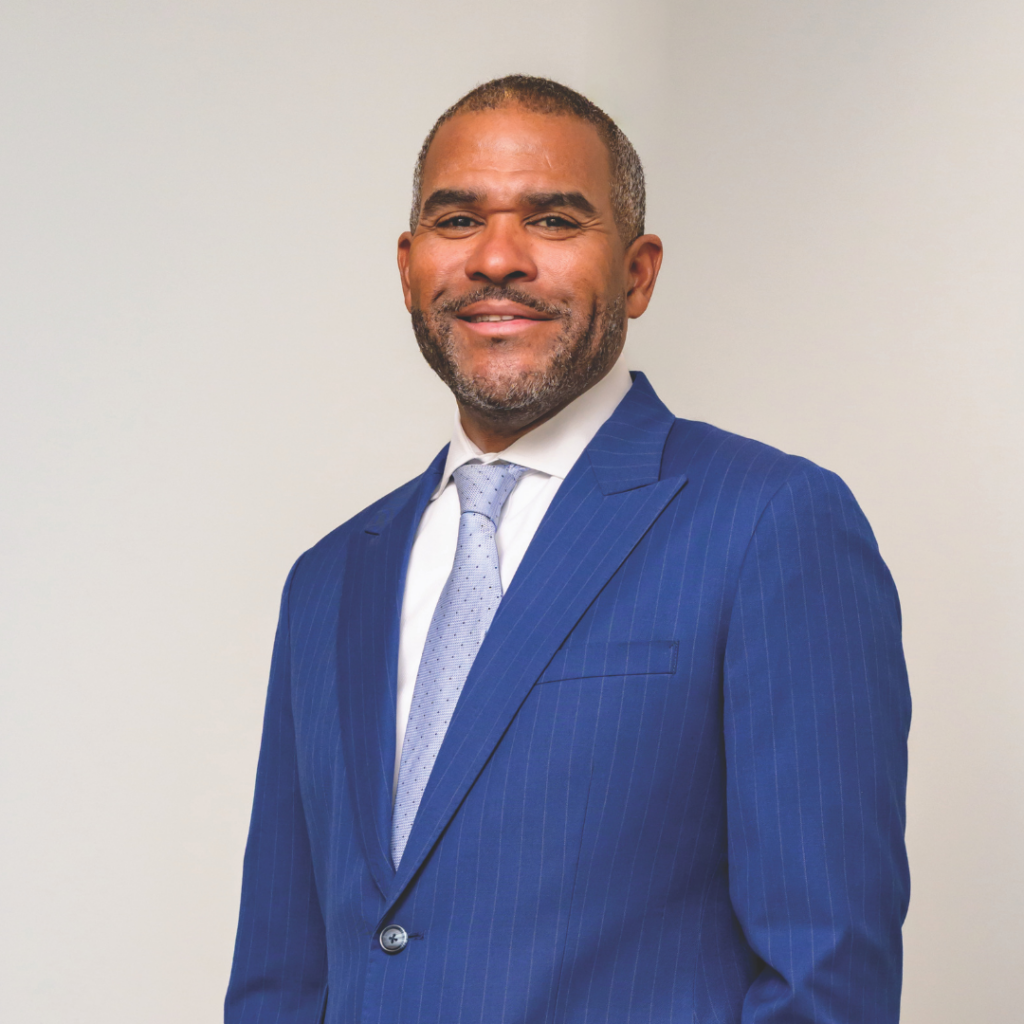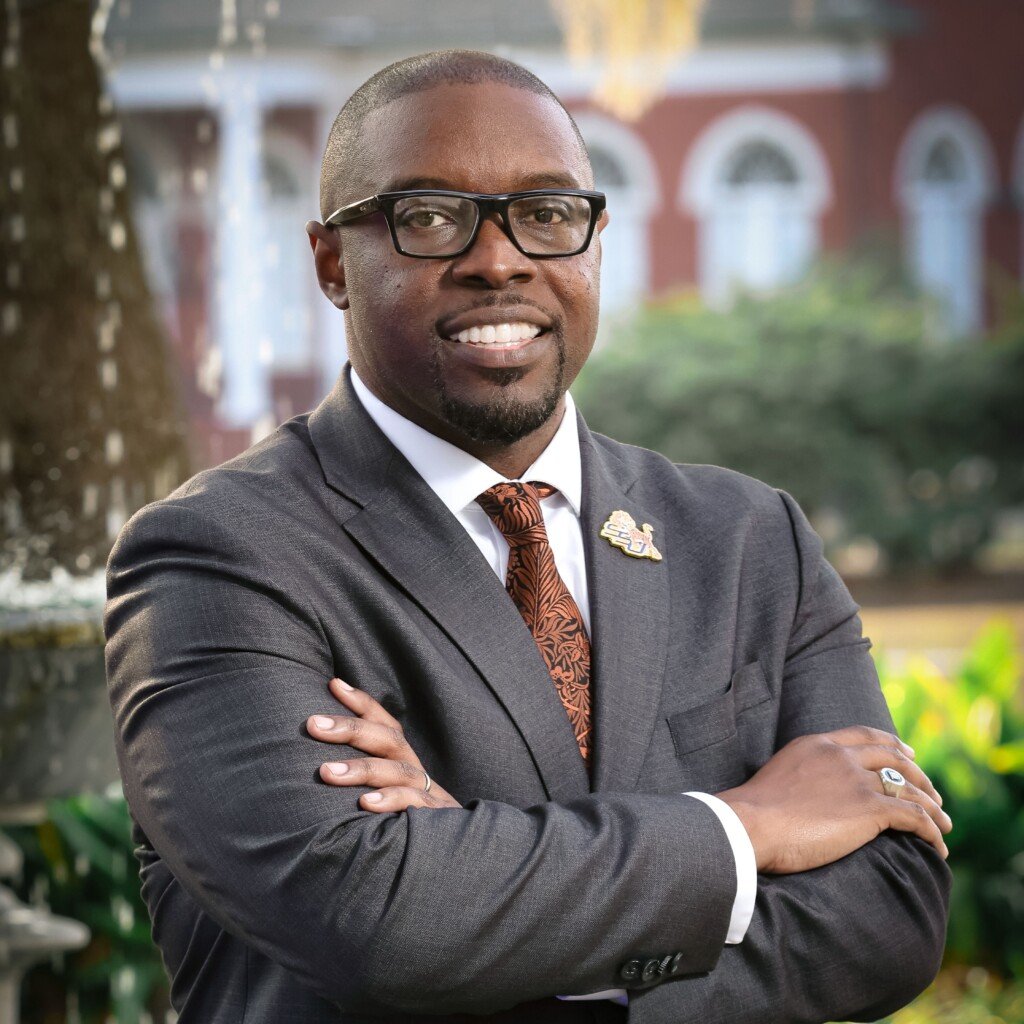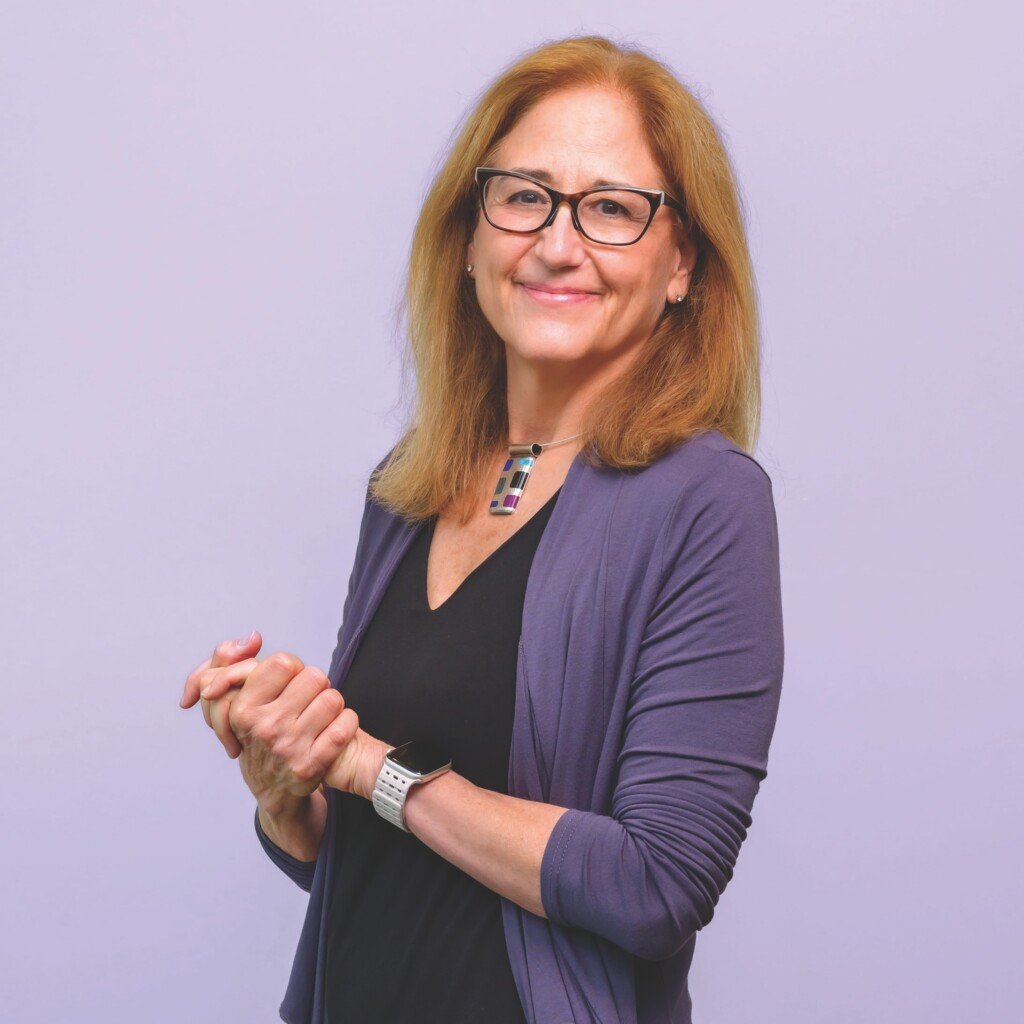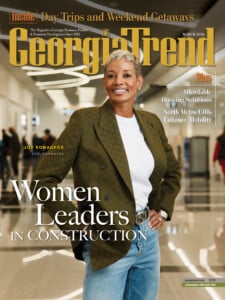Catching up with… Hope Wollensack
Executive Director, the Georgia Resilience and Opportunity (GRO) Fund
The GRO Fund emerged from the Old Fourth Ward Economic Security Task Force and now works across Georgia to develop solutions to address poverty and narrow the racial wealth gap. These are edited highlights from an interview with Executive Director Hope Wollensack.
Tell us about the GRO Fund.
It was born [in 2021] out of a community-based task force convened by Atlanta City Council Member Amir Farokhi. That task force was examining the root causes of economic insecurity in the Old Fourth Ward neighborhood of Atlanta, and more broadly, the city of Atlanta and across Georgia.
The principal recommendation [from the task force] was a guaranteed income program, focused on Black women. We know from the data that Black women face some of the highest structural barriers to financial stability. Our flagship program today is the In Her Hands guaranteed income initiative, which [started about eight months ago and] serves 654 women across three sites [Old Fourth Ward; the Southwest Georgia counties Clay, Randolph and Terrell; and the city of College Park]. It provides $20,400 over two years to the women who are enrolled in the program.
Why a guaranteed income program?
Guaranteed income is regular, no-strings-attached cash payments to individuals or households, usually targeted toward those in need. Over the past 50 years, wages have stagnated despite increases in worker productivity, and the cost of living rises while inequality grows. Black communities often face the harshest impacts.
The task force recommended a guaranteed income program focused on Black women because of the overwhelming evidence, over 300 studies, that cash support improves financial stability and agency and choice to participants. This is in direct contrast to conditional … resources to the poor. If we want to ensure all of us can live a decent, dignified life, we ought to consider what Dr. King called the “most direct approach” to eliminating poverty and ensuring shared prosperity – guaranteed income.
We had two payment groups, one receives $850 a month, another receives $4,300 in their first month, and then $700 a month after that for two years. They receive the exact same amount. But our Community Advisory Collective helped us really solidify that design, in understanding that people may take a few months to get their head above water. If we could front load some of the funds, potentially, there could be some learning there that could help jumpstart the program.
How were the women selected?
The women had to meet four eligibility criteria, then [they were selected through a lottery]. One, they had to identify as a woman. Two, be 18 years or older. Three, they had to be at or below 200% of the federal poverty line. The last [criterion] is [to] live within the specified geography.
How did you choose the three sites?
We know that there is need all across the state. One in four Black children in Georgia lives under the federal poverty line. We wish we had more resources to support more communities. But we have a finite program as a nonprofit that’s philanthropically funded. We wanted three sites that were geographically distinct from one another. Very few programs like this operate in suburban or rural areas. So that was incredibly important to us.
We looked at things like median household income, poverty measures, childhood poverty measures and the [wealth] disparity in an area – in particular, Old Fourth Ward where there’s massive investment happening but is one of the most unequal parts of the city. And Atlanta is one of the most unequal cities in the country.
What does success for this program look like?
The first measure is, does this program help give participants more choice, agency and freedom to pursue the things that are meaningful to them? Extreme financial insecurity, especially over prolonged periods of time really removes choices of freedom. You…do not have the financial breathing room to make decisions that would be helpful in the long term. It becomes a trap. …We know that it has ripple effects into health outcomes, fiscal health outcomes, mental health outcomes, child wellness outcomes.
Another goal of the program is to learn things that can help us create an economy that works for everyone, where everyone has an opportunity to thrive, where everyone can live a decent, dignified life.







